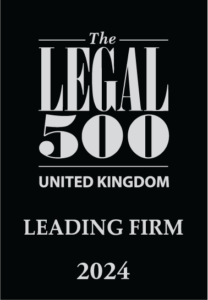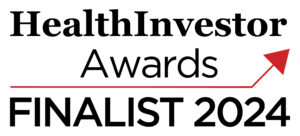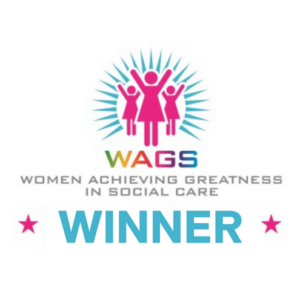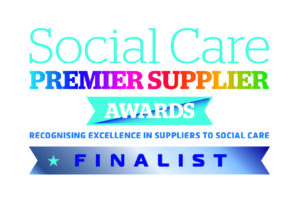The Lester Aldridge Health & Social Care team consists of cross-disciplinary lawyers providing specialist legal advice for individuals as well as an extensive range of providers including care homes & retirement living, children’s homes, social care providers, hospitals, NHS trusts and GPs.
Our lawyers ensure they are kept up to date with the latest developments in the industry and are regular speakers at relevant conferences and events.
Healthcare



We have been working in healthcare law for over 30 years and it’s one of our leading areas of expertise. We specialise in the regulation of health and social care services.
Learn moreCommunity Care & SEN



Our Community Care team have expert legal knowledge of the complex issues relating to the services provided by Local Authorities & NHS bodies to meet the education, health and social care needs of children and adults living with an illness, disability or injury in addition to the needs of adults in later life.
Learn moreChildren’s Homes & Fostering



As a children’s home or educational provider, it's important to seek legal assistance to provide you with advice on the best way to protect your interests.
Learn moreGP & Medical Practices



As a medical professional, you need specialist legal advice to protect your practice, especially during these challenging times for your profession.
Learn moreSupported & Assisted Living
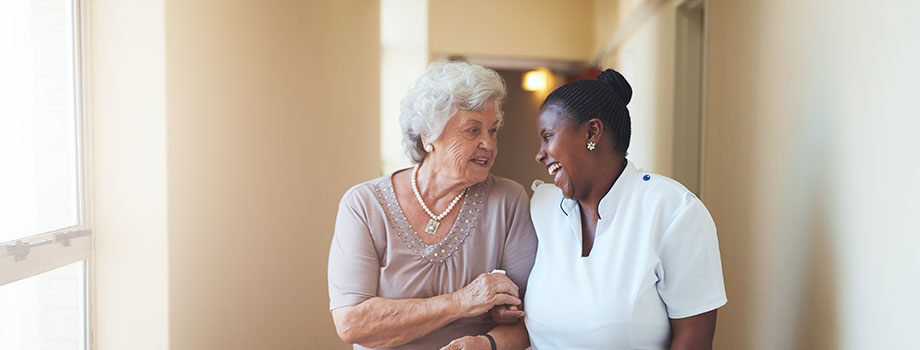


The regulations around supported and assisted living are complex. It is essential to seek legal advice and stay up-to-date with the legislation if you want to avoid these risks and make the most of the opportunities available.
Learn moreSafeguarding



Safeguarding and mental capacity are subjects that cross many legal disciplines and our multi-disciplinary team of healthcare solicitors are well versed in this area.
Learn moreCare Homes
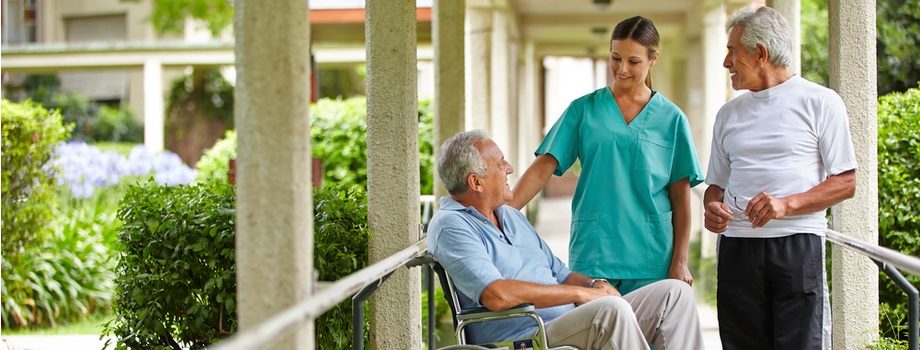


As a care home operator, it is important to seek legal support to help you understand and achieve regulation requirements.
Learn more




